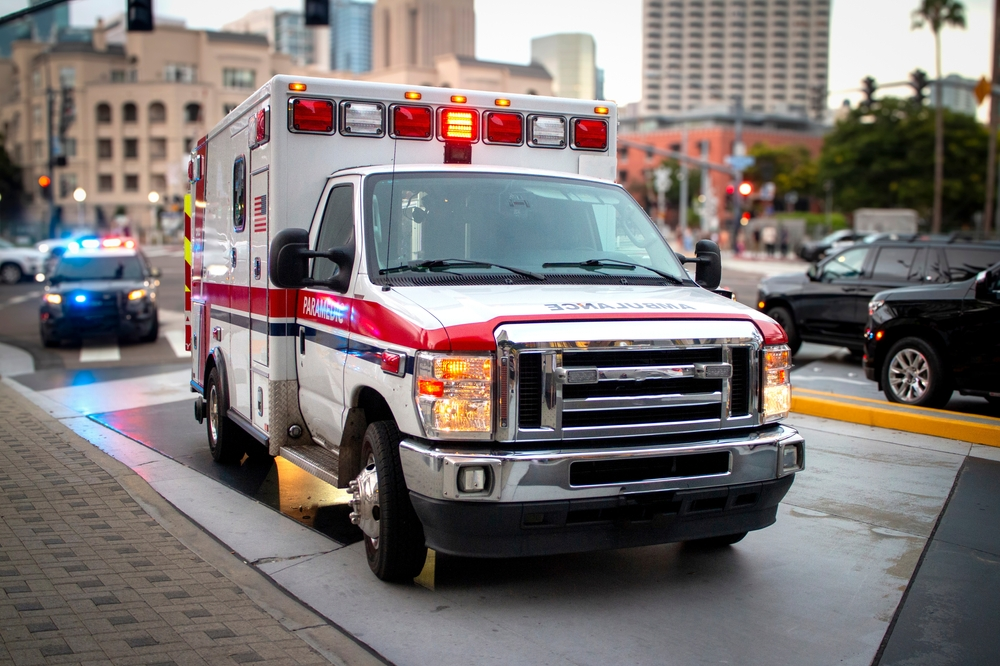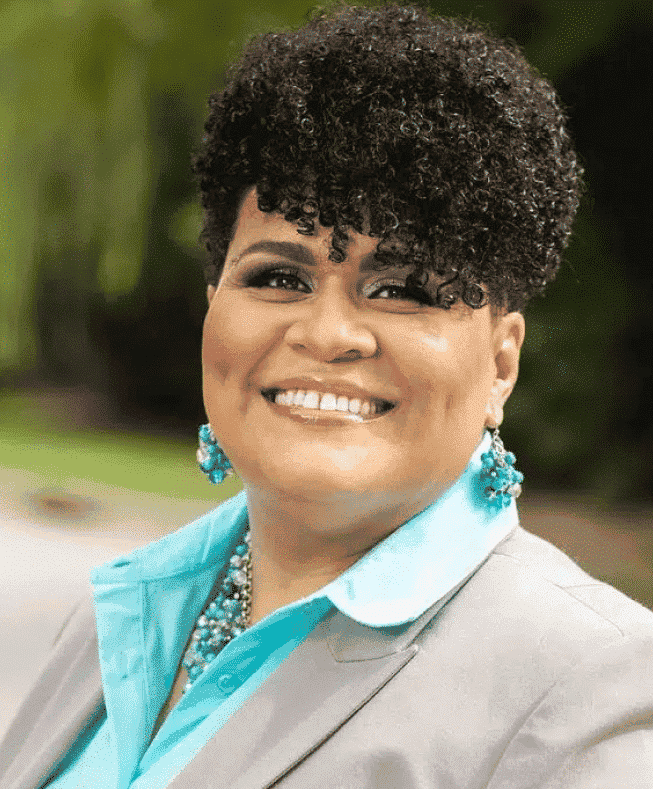
If you have been injured due to the negligence of ambulance personnel, The Bishop Law Firm can help with your case.
We offer free case reviews and no fee unless you win. You can call us at 919-615-3095 or start online now.
North Carolina Ambulance Negligence Laws
Ambulances provide emergency medical attention and transport patients to medical facilities.
First responders are critical and must be properly trained to provide competent care to avoid serious injury to those who rely on them.
Unfortunately, improperly trained staff or even failing to perform the required automotive maintenance on the ambulance can result in harm to you or a family member.
However, obtaining compensation for ambulance personnel's negligence in North Carolina is complicated.
Who owns the ambulance you rode in, whose negligence caused the harm, and the purpose of the ambulance ride are all considerations.
Governmental Immunity
According to the Department of Health and Human Services, 60% of ambulances in North Carolina are privately owned, 39.5% are owned by local county governments, and .5% are owned by the state (via DHHS).
Examples of counties that operate their ambulance services include Wake, Nash, Person, Pitt, and Mecklenburg.
Even if a county operates its own EMS services, private ambulance companies may also operate in the county.
The relevance of who owns the ambulance comes from governmental immunity.
Governmental immunity can be a bar to recovery for a victim injured by a county-owned ambulance.
While a county can waive immunity to a certain amount, and the immunity is in itself not absolute, operation and ownership must be ascertained by a victim before moving forward with an ambulance negligence claim.
Medical Emergency vs. Non-Emergency Ambulance Rides
North Carolina statutes provide broad governmental immunity for EMS workers while performing emergency management functions, even those employed by private companies.
However, exceptions are carved out to this immunity in the form of harm resulting from willful misconduct, gross negligence, or bad faith (via UNC).
For example, if ambulance personnel are inebriated and injure a victim due to negligence, governmental immunity would not extend to the negligence.
But not all ambulance rides are for emergency medical services.
Routine ambulance rides between medical facilities are not emergencies, and thus, the emergency management function immunity would not apply.
Thus, a non-emergency ambulance ride conducted by a private company in which the victim is injured may allow the victim to recover compensation.

Types of Ambulance Personnel Negligence
Depending on the job function of the ambulance personnel, different types of negligence can arise.
Negligence (Simple)
If the ambulance driver fails to secure a patient in an ambulance and injury results, that would be simple negligence.
Also, if the ambulance company failed to provide reasonable automotive maintenance for the ambulance, and it breaks down during a trip, resulting in injury to the victim, that would be simple negligence.
Operating an outdated ambulance that lacks the required equipment for Emergency Medical Services would also constitute simple negligence.
Medical Malpractice
If an EMT (Emergency Medical Technician) or Paramedic fails to give correct medical treatment on the ambulance, which causes injury to the victim, that would be medical malpractice.
Emergency Medical Technicians and Paramedics are trained medical professionals who have a duty of care.
Medical malpractice occurs when a medical professional's actions fall below the accepted standard of care and injury results.
EMT and Paramedic negligence can result in serious injury.
In North Carolina, you will need the opinion of a medical expert who specializes in emergency medical care to establish the action as malpractice before filing a litigation case.
Motor Vehicle Negligence
If the ambulance driver acts recklessly, causing a car accident due to negligence and injures a victim, it would constitute motor vehicle negligence.
We have all seen ambulance drivers weaving through traffic and running stoplights to get a patient to a hospital.
Accidents caused by ambulances while attempting to render emergency services will be complicated for victims to recover due to governmental immunity.
Also read North Carolina Car Accident Lawyer
Contributory Negligence
North Carolina is one of the last remaining contributory negligence states, which means that if the victim contributed to their injury, they generally can not recover for their damages.
Statute of Limitations
In North Carolina, the statute of limitations for personal injury claims is generally three years from the date of injury.
Wrongful Death claims have a two-year statute of limitations from the date of death.
What can a victim recover?
Injuries can come with a hefty price tag, financially and emotionally.
The at-fault party compensates a victim for their losses that resulted from the negligence of the at-fault party.
In a North Carolina Personal Injury Claim, there are economic and non-economic damages.
Medical Expenses - Economic Damages
Present and future medical expenses should be pursued in a North Carolina Personal Injury Claim (future if warranted).
If a victim is not compensated for all their losses or has to pay for future medical treatment out of pocket, they are effectively paying twice for someone else's negligence.
Also in North Carolina, Rule 414 restricts the amount of recovery for medical bills to what was actually paid on the bills (not what was billed).
Learn more about Personal Injury Medical Bills
Lost Wages - Economic Damages
Missed time from work due to an injury must be documented by the worker and the employer to be recovered.
Victims should communicate with their employer about the reason for missing work so that the lost wage documentation is concise.
In addition to informing one's employer about why work was missed, victims should work with their doctors to obtain out-of-work notes.
Read Lost Wages and Earning Capacity
Pain and Suffering - Non-Economic Damages
Personal Injuries can come with physical as well as mental scarring.
The pain experienced from a bodily injury will affect a victim's mental health and can result in anxiety or depression.
Pain and Suffering damages attempt to compensate a victim for the non-economic damages of suffering.
Also read North Carolina Pain and Suffering.
Punitive Damages - Non-Economic Damages
Punitive Damages are available in cases where the at-fault party was wilful or wanton.
Punitive damages seek to punish bad actors and deter future gross negligence actions.
See North Carolina Punitive Damages
Do you need a North Carolina Ambulance Negligence Attorney?
As discussed above, recovering from an injury involving ambulance negligence can be difficult due to governmental immunity.
The facts of your injury must be carefully examined to determine if negligence was present and if recovery is possible. An experienced attorney should be consulted.
If you have been injured during an ambulance ride in North Carolina, The Bishop Law Firm represents injured people in personal injury claims. We do not get paid unless you win, and we offer free case reviews.
Call us today at 919-615-3095 or start your free case review online now.
Also read North Carolina Personal Injury Lawyer

